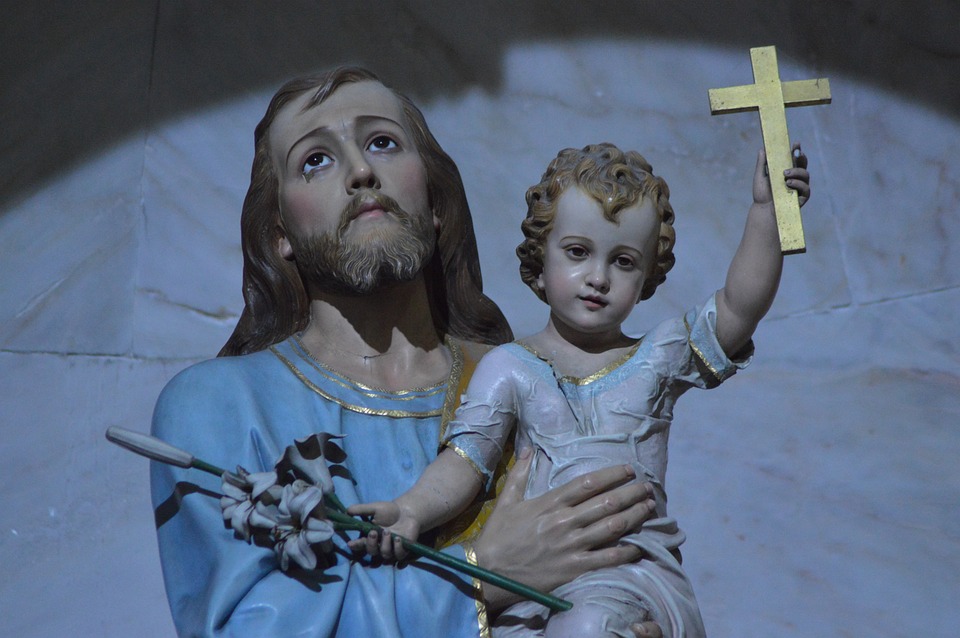Exploring the Themes of Family and Tradition in Tango with Me
The Importance of Family
Family is at the heart of the Nigerian film, Tango with Me. The story revolves around the central characters, Lola and Uzo, who are deeply in love and planning to get married. However, their lives are turned upside down when a tragic accident occurs, leading to a breakdown in their relationship. Throughout the film, the theme of family is palpable as the characters navigate their relationships with their own families and the impact it has on their decisions.
Lola’s family plays a significant role in the film, especially her father, who disapproves of her relationship with Uzo. This dynamic highlights the traditional values and expectations placed on families and their influence on individuals. The conflict between Lola’s desire for independence and her father’s expectations creates tension and drama, showcasing the complexities of family relationships.
Additionally, Uzo’s family also plays a crucial role in the film, as they provide support and guidance during the couple’s most challenging moments. This highlights the importance of a strong support system within the family unit and how it can shape individuals’ decisions and actions. The bond between Uzo and his family reflects the theme of loyalty and devotion, emphasizing the value of family unity in times of crisis.
Overall, the portrayal of family in Tango with Me underscores the significance of familial relationships in shaping individuals’ lives and decisions. It highlights the struggles and complexities that come with balancing personal desires and expectations from loved ones, showcasing the importance of communication and understanding within the family unit.
The Influence of Tradition
Tradition is another central theme in Tango with Me, as the characters grapple with the expectations and norms set by their culture and society. The film explores the clash between tradition and modernity, as Lola and Uzo navigate the cultural norms and expectations set by their families and community.
The traditions surrounding marriage and relationships are prevalent throughout the film, as Lola and Uzo face challenges in reconciling their love with the traditional values upheld by their families. The pressure to adhere to societal expectations and norms creates conflict and tension in their relationship, leading to moments of doubt and uncertainty.
Additionally, the theme of tradition is evident in the portrayal of gender roles and expectations within Nigerian society. Lola’s struggle to assert her independence and make her own decisions highlights the limitations placed on women by traditional gender norms. The film challenges these stereotypes and norms, calling into question the rigid expectations placed on individuals based on their gender.
Furthermore, the cultural traditions and rituals depicted in Tango with Me showcase the richness and diversity of Nigerian culture. From traditional wedding ceremonies to family gatherings, the film immerses the audience in the vibrant and colorful traditions of Nigeria, highlighting the importance of heritage and cultural identity.
Overall, the exploration of tradition in Tango with Me serves as a commentary on the complexities of cultural expectations and societal norms. It challenges traditional beliefs and values, urging the characters to defy conventions and forge their own path, ultimately emphasizing the importance of individual autonomy and self-expression.
In conclusion, Tango with Me is a powerful exploration of the themes of family and tradition, showcasing the impact of familial relationships and cultural norms on individuals’ lives. The film delves into the complexities of love, loyalty, and tradition, highlighting the struggles and triumphs of navigating personal desires amidst societal expectations. Through its poignant storytelling and compelling characters, Tango with Me offers a thought-provoking commentary on the complexities of family dynamics and the influence of tradition in shaping individuals’ identities and choices.




